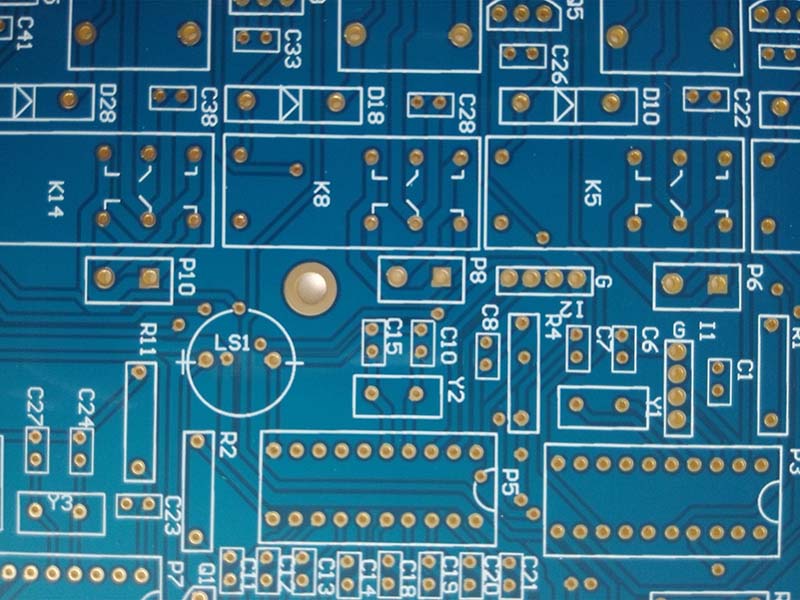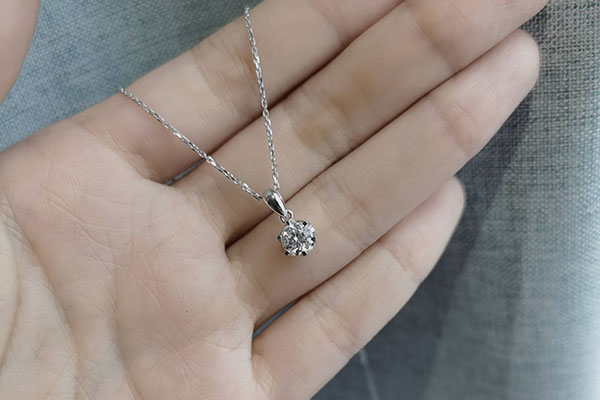As technology has advanced, smartphones have become an essential part of our lives. We use them for work, communication, entertainment, and much more. However, one common question that arises regarding smartphone usage is whether it’s safe to charge them overnight.
In this article, we’ll delve deeper into the subject and explain whether it’s harmful to charge your phone overnight. We’ll also discuss the myths associated with overcharging and provide some best practices for phone charging.
Understanding Phone Battery Basics
To understand whether charging your phone overnight is harmful, we need to first understand the basics of phone batteries.
How Phone Batteries Work
Most smartphones today use Lithium-ion batteries, which are rechargeable and designed to provide long battery life. Lithium-ion batteries work by transferring lithium ions from one electrode to another during charging and discharging. The process is reversible, which means that these batteries can be charged and discharged many times before they start to degrade.
Types of Phone Batteries
There are two main types of phone batteries: removable and non-removable. Removable batteries are those that can be easily replaced, whereas non-removable batteries are built into the phone and cannot be replaced by the user. Most modern smartphones come with non-removable batteries.
Factors Affecting Battery Life
Several factors can affect the battery life of your phone, such as the age of the battery, the number of charging cycles, the temperature, and the usage patterns. Over time, the battery’s capacity will decrease, which means it will hold less charge than when it was new.
The Myth of Overcharging
One of the most common myths associated with phone charging is that overcharging your phone will damage the battery. This myth suggests that if you leave your phone plugged in after it has reached 100% charge, it will damage the battery and shorten its lifespan.
Why It Is Not True
The truth is that modern smartphones are designed to stop charging automatically when they reach 100%. Once the battery is fully charged, the charging process will stop, and the phone will run on the power from the charger. Therefore, overcharging your phone is not possible, and leaving your phone plugged in overnight will not damage the battery.
Expert Opinions on Overcharging
Several experts in the field of battery technology have debunked the myth of overcharging. According to Battery University, a website dedicated to battery information, “Li-ion does not need to be fully charged, nor is it desirable to do so. In fact, it is better not to fully charge, because a high voltage stresses the battery.”
The Risks of Leaving Your Phone Charging Overnight
Although overcharging your phone is not a real concern, leaving your phone charging overnight can pose other risks.
Overheating
Leaving your phone charging overnight can cause it to overheat, which can damage the battery and other internal components. When your phone overheats, it can also become a safety hazard, as it increases the risk of a fire or explosion.
Fire Hazard
Smartphones have been known to catch fire or explode due to battery issues. Leaving your phone charging overnight can increase the risk of a fire hazard, especially if you are using a cheap or counterfeit charger.
Battery Degradation
Although leaving your phone charging overnight will not overcharge the battery, it can still lead to battery degradation. Over time, the battery’s capacity will decrease, which means it will hold less charge than when it was new.
Data Privacy
Leaving your phone charging overnight can also pose a risk to your data privacy. If someone gains access to your phone while it’s charging, they can easily access your personal data, such as photos, messages, and other sensitive information.
Best Practices for Phone Charging
Now that we’ve discussed the risks associated with leaving your phone charging overnight, let’s talk about some best practices for phone charging.
Optimal Charging Time
The best time to charge your phone is when the battery level is between 20% and 80%. This range helps to extend the battery life and reduce the risk of overheating or battery degradation. It’s also a good idea to avoid letting your phone’s battery level drop below 20%.
Charging Methods
Using the right charger and cable is essential to avoid any risks associated with phone charging. Always use the charger and cable that came with your phone or a reputable third-party brand. Avoid using cheap or counterfeit chargers, as they can be unsafe and may damage your phone’s battery.
Battery-Saving Tips
There are several ways to extend your phone’s battery life and reduce the need for frequent charging. Some tips include:
- Turning off unnecessary features, such as Bluetooth and Wi-Fi when not in use.
- Lowering the screen brightness and using a dark theme.
- Closing background apps that are not in use.
- Enabling power-saving mode on your phone.
Conclusion
Leaving your phone charging overnight will not overcharge the battery, but it can still pose other risks such as overheating, battery degradation, and data privacy concerns. To extend the battery life and reduce the risk of these issues, it’s best to charge your phone when the battery level is between 20% and 80%, use the right charger and cable, and follow some battery-saving tips.
It’s important to remember that phone batteries degrade over time, and eventually, you will need to replace the battery. If you notice that your phone’s battery life is significantly shorter than it used to be, it may be time to consider getting the battery replaced.
By following these best practices, you can ensure that your phone’s battery stays healthy and lasts as long as possible. If you have any concerns or questions about phone charging, it’s always a good idea to consult with the manufacturer or a qualified technician.













